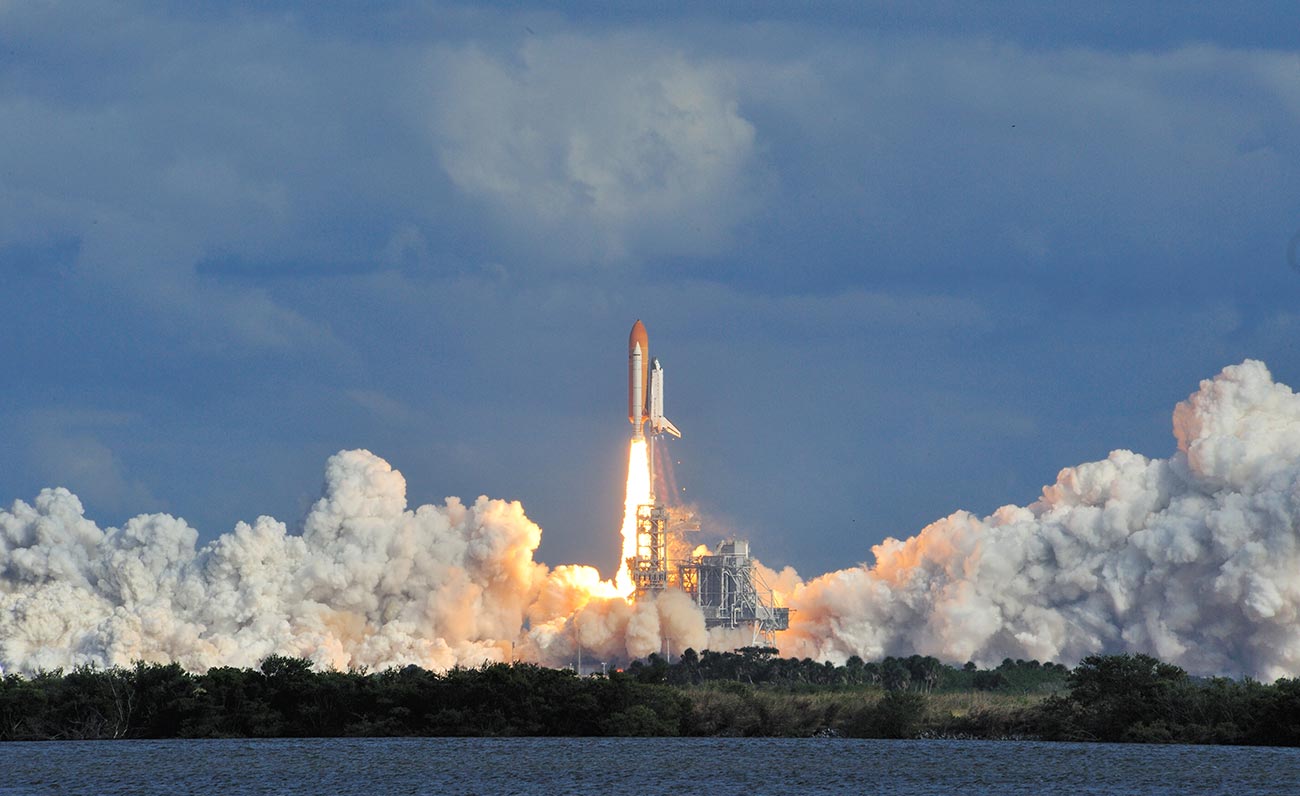The Latest Mars Findings
Human Missions to Mars at Risk Due to Kidney Health Concerns New research suggests that long-duration space travel could compromise the health of astronauts' kidneys, potentially endangering future human missions to Mars. Samples from over 40

Human Missions to Mars at Risk Due to Kidney Health Concerns
New research suggests that long-duration space travel could compromise the health of astronauts’ kidneys, potentially endangering future human missions to Mars. Samples from over 40 space missions involving humans and mice indicated that space conditions lead to structural changes in the kidneys, with some areas showing signs of shrinkage in less than a month.
These findings pose significant challenges to plans by SpaceX and NASA to send crewed missions to Mars within the next couple of decades. SpaceX CEO Elon Musk has recently suggested that such missions could be feasible within “10 to 20 years.”
Researchers from University College London (UCL) discovered that microgravity and galactic radiation during space flights present serious health risks, particularly the longer astronauts are exposed to these conditions.
While the study doesn’t rule out future Mars missions, it emphasizes the need to develop protective measures for astronauts’ kidneys to prevent serious harm. Onboard recovery methods, like dialysis machines, could also be implemented.
Dr. Keith Siew, the study’s lead author from the London Tubular Centre at UCL’s Department of Renal Medicine, noted, “We know what has happened to astronauts on the relatively short space missions conducted so far, in terms of an increase in health issues such as kidney stones. What we don’t know is why these issues occur, nor what is going to happen to astronauts on longer flights such as the proposed mission to Mars. If we don’t develop new ways to protect the kidneys, I’d say that while an astronaut could make it to Mars, they might need dialysis on the way back.”
He also highlighted that kidney damage from radiation is often delayed, and by the time it becomes apparent, it may be too late to prevent failure, jeopardizing the mission’s success.
Professor Stephen Walsh, the study’s senior author from the London Tubular Centre at UCL, stressed the importance of kidney health in space missions. “Our study highlights the fact that if you’re planning a space mission, kidneys really matter. You can’t protect them from galactic radiation using shielding, but as we learn more about renal biology, it may be possible to develop technological or pharmaceutical measures to facilitate extended space travel.”
These insights underscore the urgent need for further research and development to ensure the safety and success of future crewed missions to Mars.




